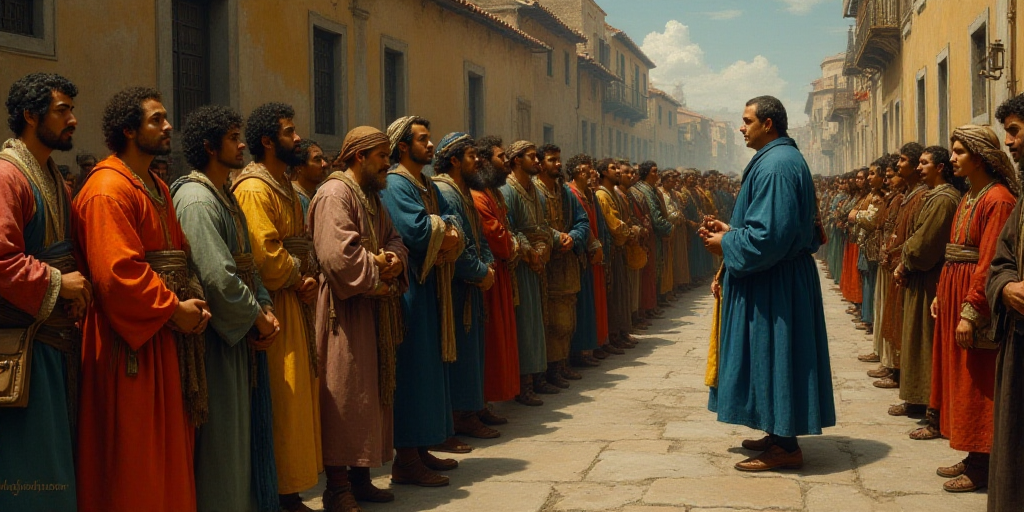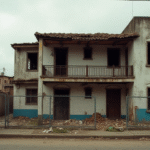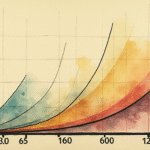Background on the Migrant Groups
The US Supreme Court has given the green light to the Trump administration’s plan to revoke temporary legal status for hundreds of thousands of Venezuelan, Cuban, Haitian, and Nicaraguan migrants residing in the United States. This decision bolsters President Donald Trump’s efforts to intensify deportations.
Understanding “Parole” Status
What is “Parole”? Parole is a temporary permit under US law that allows individuals to live and work in the country due to urgent humanitarian reasons or significant public benefit. Former President Joe Biden utilized this status to discourage illegal immigration at the US-Mexico border.
President Trump sought to terminate parole programs in a decree on his first day in office. The Department of Homeland Security moved to eliminate them in March, claiming that revoking parole status would facilitate the swift deportation of migrants through a process called “expedited removal.”
Supreme Court’s Decision
The Supreme Court suspended a lower court’s order that halted the Trump administration’s plan, potentially exposing over 532,000 migrants to rapid deportation while the case continues in lower courts.
Impact on Migrant Communities
This decision affects Venezuelan, Cuban, Haitian, and Nicaraguan migrants who have been granted temporary legal status under the parole program. These individuals have been living and working in the US, contributing to their communities while awaiting more permanent immigration solutions.
- Venezuelan Migrants: Facing political and economic turmoil in their home country, many Venezuelans sought refuge in the US. They have been integral to the workforce, filling essential roles in various industries.
- Cuban Migrants: Cubans have long sought asylum in the US due to political reasons. The parole status allowed them to work and build lives while their cases were processed.
- Haitian Migrants: Haitians have faced numerous challenges, including political instability and natural disasters. The parole status offered them a chance to rebuild their lives in the US.
- Nicaraguan Migrants: Nicaraguans have sought better opportunities in the US due to political repression and economic hardship. The parole status allowed them to contribute to the US economy while their immigration cases were being resolved.
Key Questions and Answers
- What is the significance of this Supreme Court decision? The decision allows the Trump administration to revoke temporary legal status for over 500,000 migrants, potentially leading to their rapid deportation.
- What is “parole” status? Parole is a temporary permit under US law that allows individuals to live and work in the country due to urgent humanitarian reasons or significant public benefit.
- Which migrant groups are affected by this decision? The decision impacts Venezuelan, Cuban, Haitian, and Nicaraguan migrants who have been granted temporary legal status under the parole program.
- What are the potential consequences for these migrants? Migrants may face rapid deportation, disrupting their lives and contributions to their communities.






